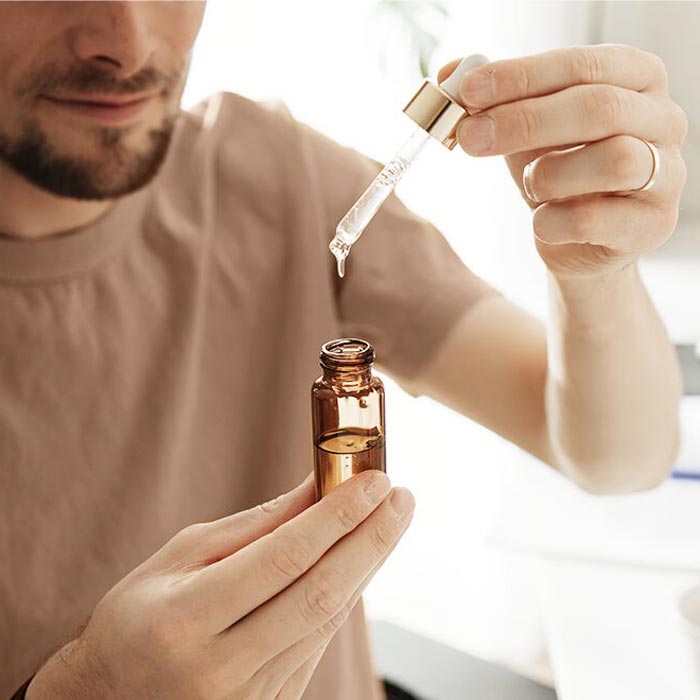Vitamins and Minerals that Support Fertility
When we think about fertility, most of us don’t pay enough attention to the vitamins and minerals that support it.
According to specialists, between 10 and 20% of women who want to get pregnant will not succeed in the first year of trying. A possible culprit is nutritional deficiency, caused either by the lack or reduced presence of certain foods in the diet, or by certain conditions that prevent the optimal absorption of nutrients.
The food you eat is important for the whole body, including fertility. The body obtains the necessary vitamins and minerals from the diet, but it is also possible to use food supplements, but on the recommendation of the specialist.
[ruby_related heading=”More Read” total=5 layout=1 offset=5]
Here are the vitamins and minerals that support fertility and which you can obtain either through a balanced diet or with the help of food supplements (in case of deficiencies, if any):
B vitamins

B vitamins include B3 (niacin), B6 (pyridoxine), B9 (folic acid) and B12 (cobalamin). All play an important role in the formation and normal functioning of red cells. In addition, nerve function and cellular energy are dependent on the level of B vitamins. When it comes to fertility, B6 and B9 are the most important. B9 is essential for both fertility and normal fetal development. Most vitamins also contain folic acid. In the case of women, folic acid deficiency can lead to irregular ovulations. In the case of men, it can favor low sperm quality. In the case of both sexes, supplementing the diet with folic acid improves fertility.
C vitamin
This vitamin helps maintain tissue health, wound healing and the normal functioning of the immune system. Also, vitamin C is a powerful antioxidant. The antioxidant property plays an important role in fertility. It reduces the negative impact of free radicals, decreasing cellular destruction in the body. Often combined with vitamin E, it improves sperm quality and prevents DNA damage.
Calcium
It plays an important role not only for bone health, but also for the correct functioning of the heart, muscles, nerves and hormonal balance. Women with a high-dairy diet apparently have a lower risk of endometriosis and ovulation problems.
Vitamin D
The main source is sun exposure. Low levels of vitamin D are associated with infertility, ovulation problems and increased risk of endometriosis. Both the female and male reproductive systems contain receptors for vitamin D, indicating its need for fertility.
Coenzyme Q10
It is an antioxidant necessary for the metabolism and functioning of cells involved in energy production. Q10 can improve sperm quality. Men with an increased level of Q10 have better sperm motility.
Iron

It is necessary for the formation and functioning of red blood cells. Iron deficiency can lead to anemia and, therefore, infertility.
Selenium
Selenium is extremely important for the functioning of the thyroid gland, DNA synthesis and reproduction. The richest foods in selenium are Brazil nuts, tuna, sardines and shrimp.
Zinc
It is involved in several processes in the body, including immunity, development and growth, but also in fertility. Zinc deficiency is associated with low sperm quality.



![Do Sauna Blankets Work For Weight Loss? [Must-Know Before Buy]](https://slashandscroll.com/wp-content/uploads/2022/09/Sweating-after-sauna-blanket-768x443.jpg)

